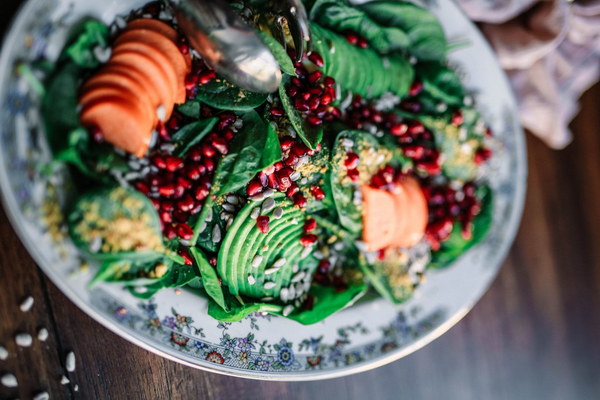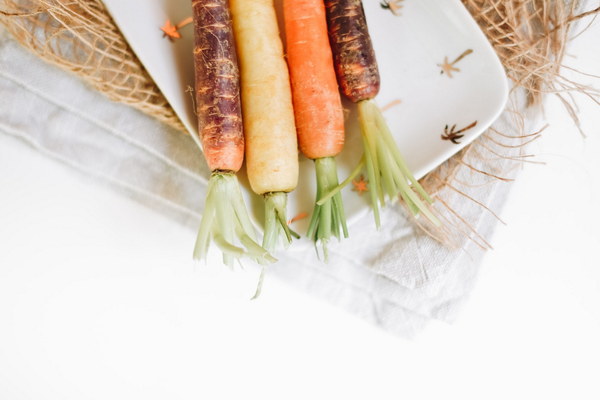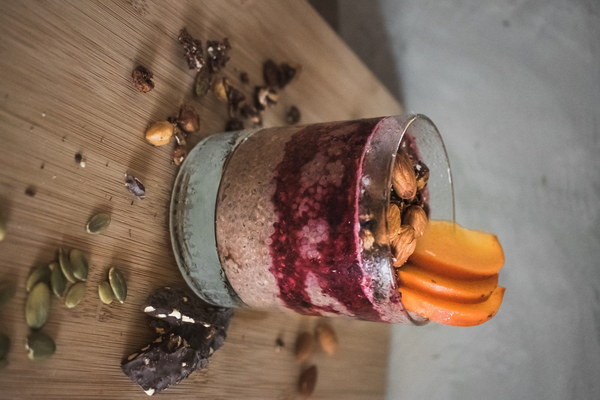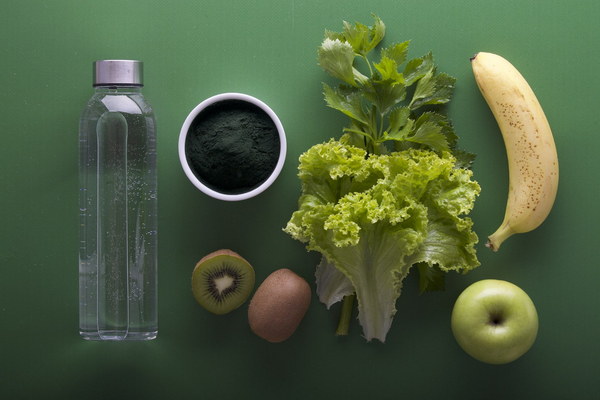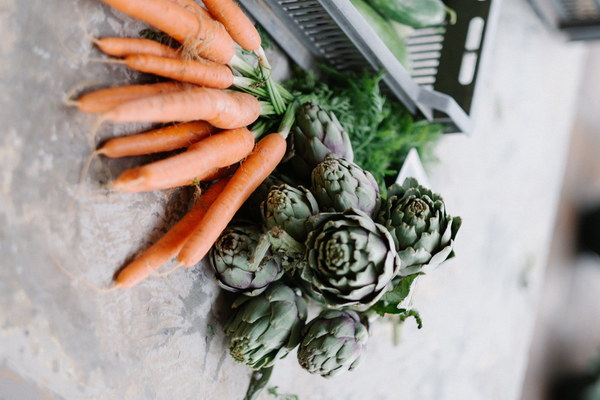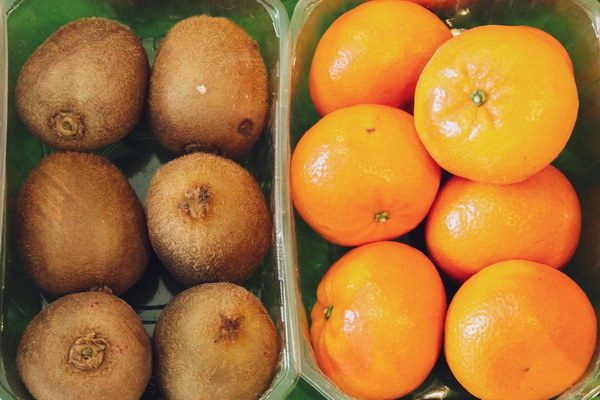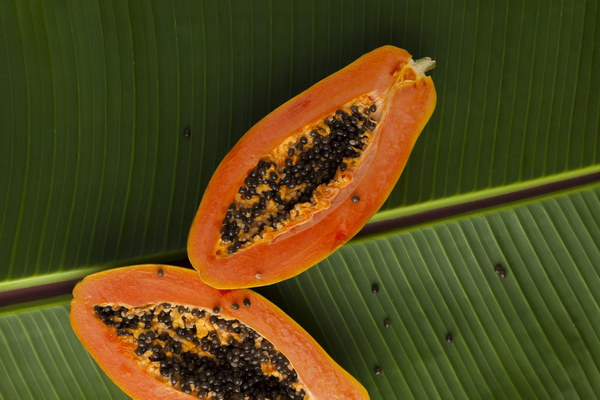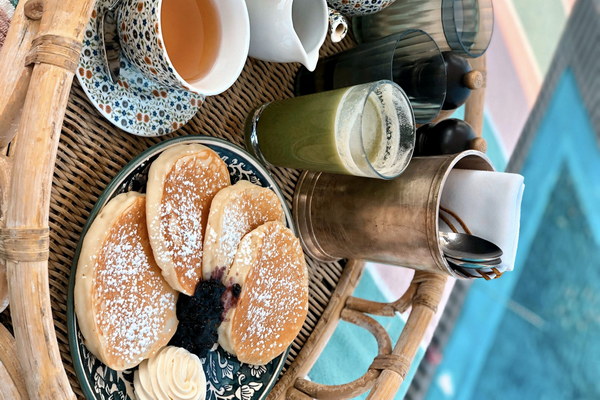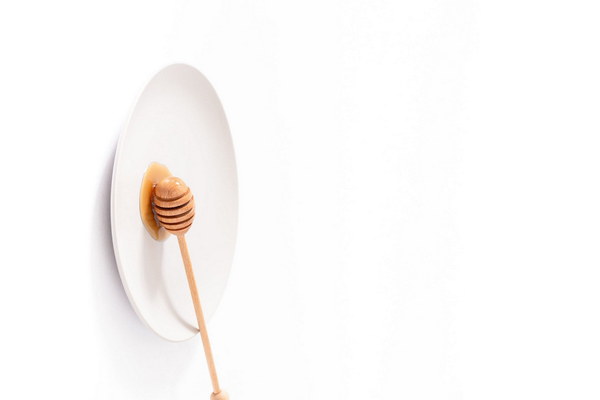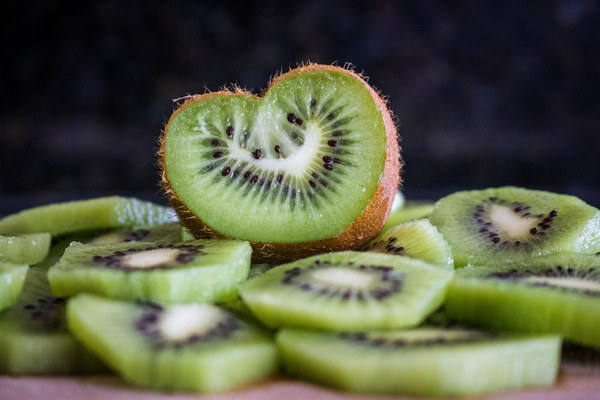Harvesting Health Nurturing the Spleen and Stomach in Traditional Chinese Medicines Seasonal Rituals
In the intricate tapestry of Traditional Chinese Medicine (TCM), the cultivation of health is not just a matter of taking medication or undergoing treatments. It is a holistic endeavor that encompasses the natural rhythms of the seasons and the delicate balance of our internal organs. Among these organs, the spleen and stomach are of paramount importance, as they are the foundation of our digestive system and the source of our vital energy, known as Qi. As the year transitions from the hot and humid summer to the cooler autumn, it is crucial to align our diet and lifestyle with the seasonal changes to nurture our spleen and stomach. This article delves into the art of harmonizing with nature during the autumnal equinox and the late autumn periods, as per TCM's wisdom.
The Autumn Equinox: A Time of Balance
The autumn equinox, occurring around September 22nd or 23rd, marks a pivotal moment when day and night are of equal length. In TCM, this period is associated with the element of metal, which corresponds to the lungs and large intestine, but also to the spleen and stomach. It is a time when the spleen and stomach should be supported to prevent the onset of illnesses that often manifest during the colder months.
To maintain a healthy balance during the equinox, it is advisable to incorporate the following practices:
1. Adjust Your Diet: Emphasize foods that are sweet in flavor and nourishing for the spleen and stomach. Grains such as rice, millet, and sweet potatoes are excellent choices. Fruits like apples and pears, which are also sweet and grounding, can help reinforce the spleen and stomach.
2. Stay Hydrated: The autumn air can be dry, leading to astringent qualities that may strain the spleen and stomach. Drink plenty of warm fluids, such as herbal teas or broths, to keep the body hydrated and support digestion.
3. Avoid Cold Foods and Beverages: Cold and raw foods can disrupt the spleen's function by cooling the body too much. Instead, opt for warm and cooked foods that are easier for the spleen to digest.
The Late Autumn: A Time for Conservation
As the autumn progresses and the temperature drops, the body's energy begins to wane, and it is essential to conserve the Qi that has been accumulated during the warmer months. This period, known as late autumn, is a time when the spleen and stomach should be further nurtured to ensure a strong foundation for the winter ahead.
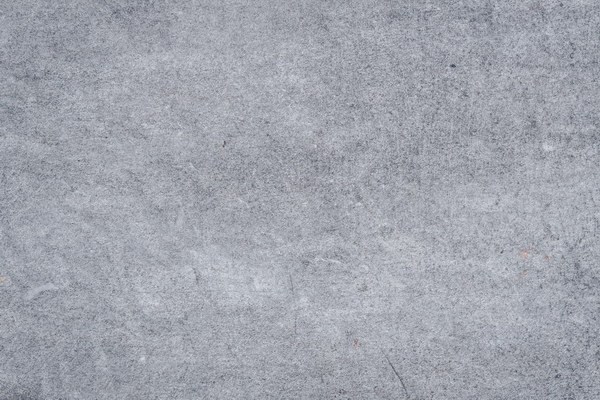
Here are some practices to support the spleen and stomach during late autumn:
1. Regular Exercise: Engage in moderate exercise that does not overexhaust the body. Gentle activities such as walking, tai chi, or yoga can help maintain the Qi and promote healthy digestion.
2. Manage Stress: Stress can adversely affect the spleen and stomach, leading to bloating, indigestion, and other digestive issues. Practice stress-reducing techniques such as meditation, deep breathing, or spending time in nature.
3. Get Adequate Rest: The body requires ample rest to regenerate and maintain its functions. Ensure you are getting enough sleep and take time to rest during the day if possible.
Herbal Remedies: Nature's Assistants
In addition to dietary and lifestyle adjustments, TCM offers a variety of herbal remedies that can support the spleen and stomach during the autumnal transitions. Herbs such as Astragalus, Codonopsis, and Atractylodes are known for their spleen-nourishing properties and can be used in conjunction with other herbs to address specific imbalances.
Conclusion
The autumnal equinox and late autumn are critical times for nurturing the spleen and stomach according to TCM principles. By aligning our diet, lifestyle, and practices with the natural rhythms of the season, we can strengthen our digestive system and lay a solid foundation for overall health. As the year transitions to cooler temperatures, let us embrace the wisdom of our ancestors and the healing power of nature to cultivate a vibrant and balanced life.
